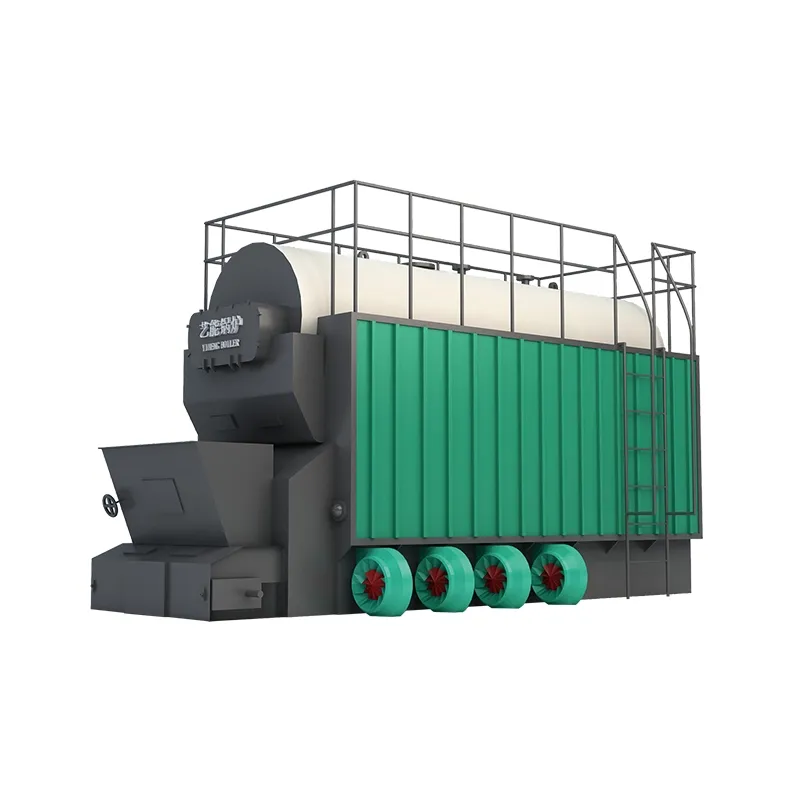Cost Factors and Price Trends for Industrial Boiler Manufacturing
Exploring the Industrial Boiler Price Factors A Comprehensive Overview
Industrial boilers are critical components in various manufacturing processes, providing steam and heat essential for production. Their pricing, however, can vary significantly based on several factors. In this article, we will explore the main elements that contribute to the price of industrial boilers, offering insights for companies considering purchasing or upgrading their systems.
1. Type of Boiler
The market offers a wide range of boiler types tailored to specific industrial applications. Generally, industrial boilers can be categorized into fire-tube boilers, water-tube boilers, and modular boilers. Fire-tube boilers are known for their compact design and cost-effectiveness, while water-tube boilers provide higher pressure and temperature output, making them more suitable for larger industrial applications. Moreover, modular boilers offer flexibility and scalability, which can be cost-effective in the long run. Each type has its price range, and understanding the most suitable option for your specific needs is crucial for budgeting.
2. Fuel Type
Another significant factor influencing boiler price is the type of fuel used. Industrial boilers can operate on various fuels, including natural gas, oil, coal, biomass, and even electricity. The initial cost may vary based on the fuel source, with natural gas often being one of the most economical options. However, transitioning to alternative fuel sources like biomass can incur higher initial costs but may offer long-term savings and sustainability benefits. Thus, companies must evaluate their operational costs and consider the impact of fuel choice on overall expenditure.
3. Capacity and Size
Boiler capacity is measured in BTUs (British Thermal Units) or horsepower, and it directly impacts the price. Larger boilers designed to meet higher demand will typically be more expensive due to the materials and engineering required to build them. Companies should accurately assess their production needs to avoid downsizing, which can lead to inefficiency, or oversizing, which can lead to unnecessary costs. A precise calculation of required capacity based on current and future production rates is essential.
industrial boiler price factory

4. Materials and Construction Standards
The materials used in boiler construction significantly influence pricing. High-quality steel and corrosion-resistant materials typically lead to longer-lasting, more efficient systems but come at a premium. Compliance with regulatory standards and certifications can also add to the cost, as manufacturers often need to ensure that their products meet stringent safety and environmental requirements. Investing in high-quality materials can lead to better long-term savings through reduced maintenance and operational costs.
5. Customizations and Features
Many industrial applications have unique requirements, prompting companies to seek custom-engineered boiler solutions. Custom features like advanced control systems, efficiency upgrades, and additional safety mechanisms can enhance performance but also impact the final price. Organizations should weigh the benefits of these features against their budget constraints to ensure that they make informed purchasing decisions.
6. Installation and Maintenance Costs
Beyond the initial purchase price, installation and ongoing maintenance expenses should be factored into the total cost of ownership. Professional installation can vary dramatically based on the complexity of the setup and geographic location. Additionally, regular maintenance is essential for operating efficiency and longevity, which can lead to further costs over time. Companies must create a comprehensive financial plan that includes these considerations to understand the full financial implications associated with an industrial boiler purchase.
Conclusion
Understanding industrial boiler pricing is essential for businesses looking to invest wisely in their future. By evaluating the various factors influencing cost—type, fuel, capacity, materials, customizations, and installation—companies can make informed decisions that align with their operational needs and budgetary limits. A well-researched investment in an industrial boiler can lead to enhanced efficiency, reduced fuel costs, and improved productivity in the long run, ultimately contributing to a firm's success in a competitive market.
-
Industrial Steam Boiler Corporation - Reliable Industrial Boiler Manufacturer & SupplierNewsJul.08,2025
-
High-Efficiency Steam Boiler Heat Exchanger Supplier & Factory Durable Products for IndustryNewsJul.08,2025
-
Premium Electric Steam Boiler Manufacturer Reliable Company & Factory SolutionsNewsJul.08,2025
-
Commercial Hot Water Boiler - Reliable Supplier & Factory Direct Price for Efficient Heating SolutionsNewsJul.07,2025
-
Top Hot Oil Boiler Manufacturer - Reliable Thermal Oil & Coal Fired Boiler Manufacturer ManufacturerNewsJul.07,2025
-
High-Efficiency Hotel Hot Water Boiler – Leading Exporters & Quotes for HotelsNewsJul.07,2025

